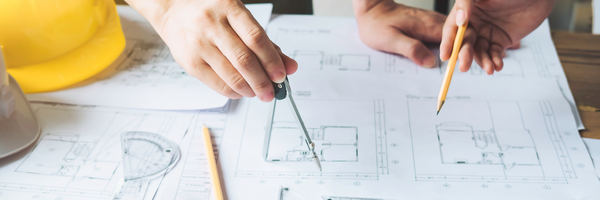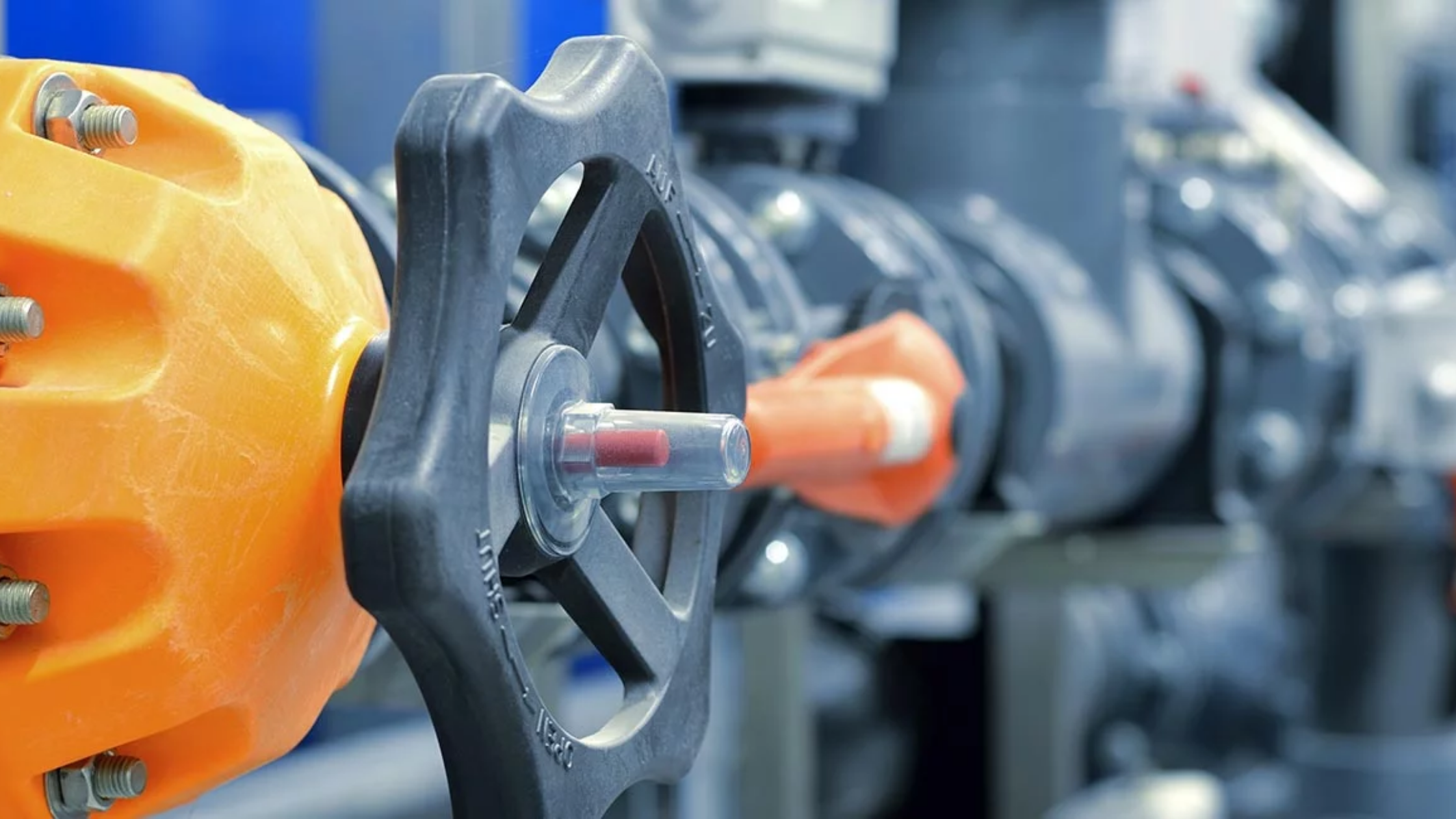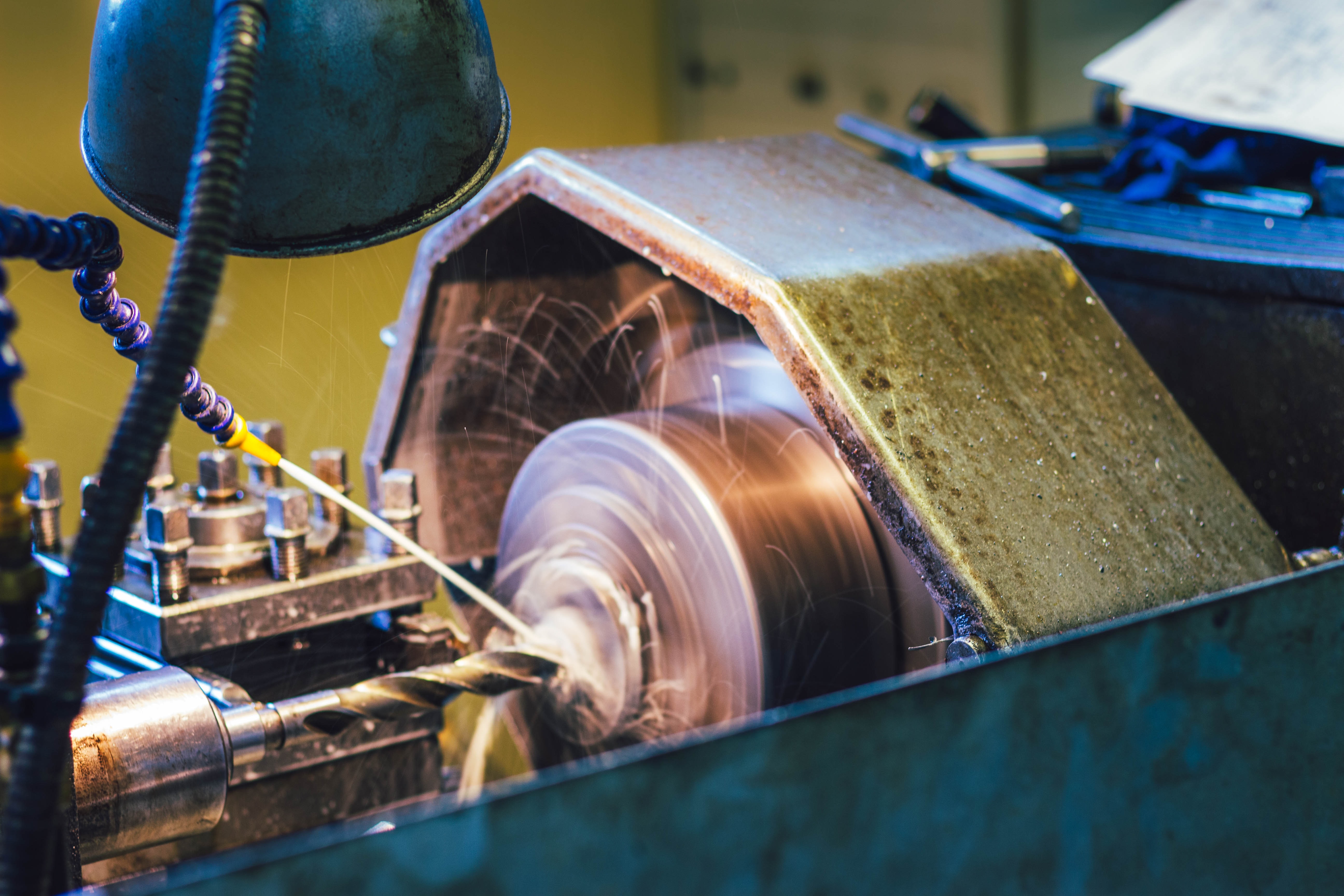Sustainability in automotive parts and innovative practices
Insights from our recent interview with Partmaster CEO, Alex Polaschek. Part three of a three-part series.
We recently interviewed Alex at Partmaster, an Endeavour client since 2021, to understand how they are managing in the current economic environment.
Addressing sustainability challenges to create opportunities
The sustainability challenges facing the automotive industry are varied and complex. From carbon intensive manufacturing processes and supply chains, material constraints and the associated concerns around ethical mining to source these metals, to grappling with end-of-life processes – particularly for batteries – the issues can seem insurmountable.
Focusing on what your business can control and influence, can create new market opportunities. With consumer demand for more environmentally friendly products growing, delivering more sustainable choices can give businesses a competitive edge.
Partmaster is a leading importer and distributor of automotive and engineering parts in New Zealand, specialising in supplying both aftermarket parts and innovative automotive solutions to the country’s auto trade market. They’re leading the market by introducing new sustainable automotive parts to meet demand head on.
Sustainability in the automotive industry: Beyond emissions alone
One of the most discussed environmental impacts from traditional internal combustion engines are carbon dioxide and particulate emissions from burning fossil fuels. While a significant concern, climate action to reduce these have led to innovative automotive solutions such as catalytic converters to address emissions in internal combustion engines, along with continuous innovation in EVs.
While moving to hybrid or EVs respectively reduces or removes emissions, EVs aren’t immune from environmental impacts. Brakes, for example, shed heavy metals from the friction material in both internal combustion engine and electric vehicle brakes.
Responding to this fact is driving brake product innovation that is now being adopted in New Zealand.
Market leadership through sustainable automotive parts innovation
Typically, there are three types of brakes available: metallic, semi-metallic, and non-metallic.
Partmaster see the growing demand for more sustainable automotive parts as an opportunity to lead the market with the introduction of non-metallic brakes – often ceramic – to New Zealand.
Heavier vehicles will continue to need metallic or semi-metallic brakes to generate enough friction material grip to stop them in time. For smaller vehicles, which most people use day-to-day, non-metallic brakes are an option to reduce the negative environmental impacts from heavy metals.
With no heavy metals in non-metallic car brakes, there are no heavy metal toxins to come off brake friction, go onto the road, get washed into drains and end up in our waterways. Alongside these environmental benefits, non-metallic brakes can reduce noise, produce less dust, and have better heat management.
Partmaster is committed to sustainability and have brought into New Zealand the first fully non-metallic brakes. This forward-thinking approach to stay ahead of product innovations is essential to retaining and growing market share.
%20(14).png?width=1980&height=1080&name=Endeavour%20-%20Image%20Sourcing%20Website%202024%20Updates%20(1980%20x%201080)%20(14).png)
Forecasting algorithms and technology: Smarter and more agile operations
Introducing and managing product range changes like these efficiently requires the right technology.
For Partmaster, the capabilities of their ERP system, managed by Endeavour, enable seamless introduction of new product lines and ongoing stock management.
Using advanced planning and forecasting algorithms to analyse historical data and market trend analysis, Partmaster’s ERP solutions, which includes Microsoft Dynamics ERP, support a nimble trial and scale approach. As soon as demand is generated for a new part, the ERP system will automatically reorder it and do all the demand side planning.
%20(12).png?width=1980&height=1080&name=Endeavour%20-%20Image%20Sourcing%20Website%202024%20Updates%20(1980%20x%201080)%20(12).png)
This sophisticated forecasting solution combines past sales data, supplier lead times, and seasonal trends to predict future demand with greater accuracy.
Managing stock obsolescence of older vehicles parts and earlier part versions is also managed by the ERP system. With an estimated 5 million cars and 23,000 different vehicle models on the road in New Zealand, Partmaster’s range is complex. As well as supporting the seamless introduction of new products, the ERP system forecasts when different vehicles are likely to require maintenance and when parts are going to become obsolete to avoid being left with stock on hand.
By leveraging Endeavour’s technology, Partmaster have streamlined their processes, improved efficiency, and adapted to sustainability market trends.
Profitability meets sustainability to create win-win outcomes
In addition to attracting and retaining customers demanding more sustainable choices, there are other direct economic benefits to pursuing sustainable business strategies.
Reducing resource consumption can create a win-win for sustainability goals and profit. An example of this is implementing energy efficiency improvements such as switching from traditional light to LEDs. This switch reduces energy consumption, yielding savings on energy bills as well as reductions in carbon emissions.
Effective waste management strategies to reuse or repurpose resources are another example of a sustainability and profit win-win. In Partmaster’s case, this is centres around the reuse of packaging crates and boxes, which saves costs as well as reducing demand, therefore production of crates and boxes. In a distribution business, there’s a lot of packaging. Partmaster reuse as much as possible, then recycle when end-of-life is reached. The company-wide shift to recycle more has resulted in recycling depots in each of their branches and offices, to make recycling easy for staff.
Looking forward: The drive to more sustainable business drives innovation
The journey toward more sustainable business operations in the automotive industry requires innovation, and leading businesses understand that sustainability isn’t a cost centre but a source of efficiency and competitive advantage.
Want to take your business to the next level with innovative and sustainable solutions? Explore how Endeavour’s tailored ERP solutions can support your operations to drive both profitability and environmental responsibility. Check out our case study with Partmaster to see how we've helped businesses like yours succeed. Contact us today for a tailored consultation.
You May Also Like
These Related Stories

Bring an ERP partner into your Construction team

Endeavour doubles up on MYOB Platinum status


